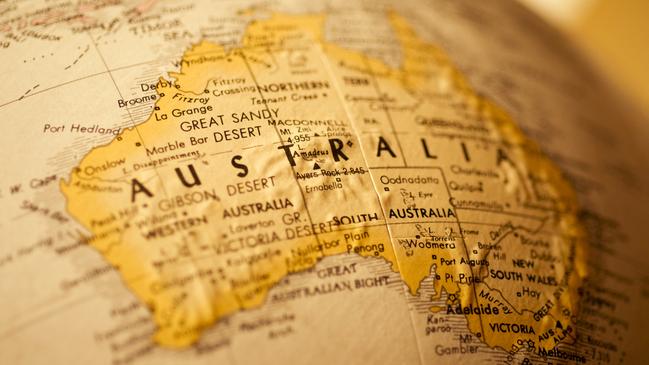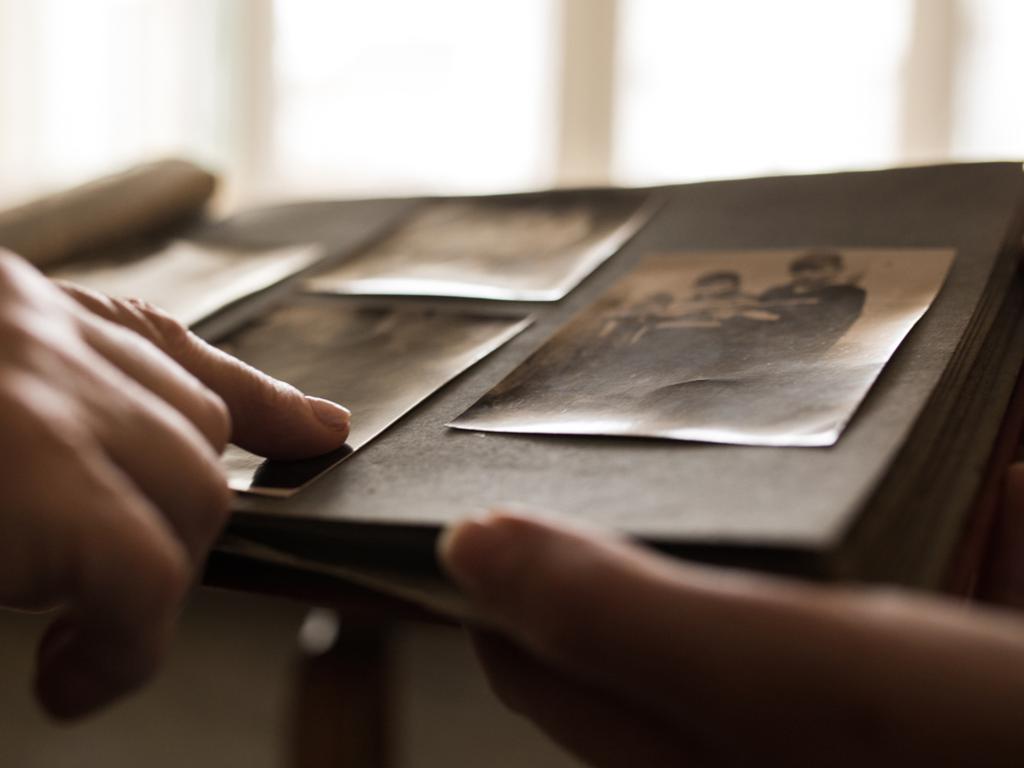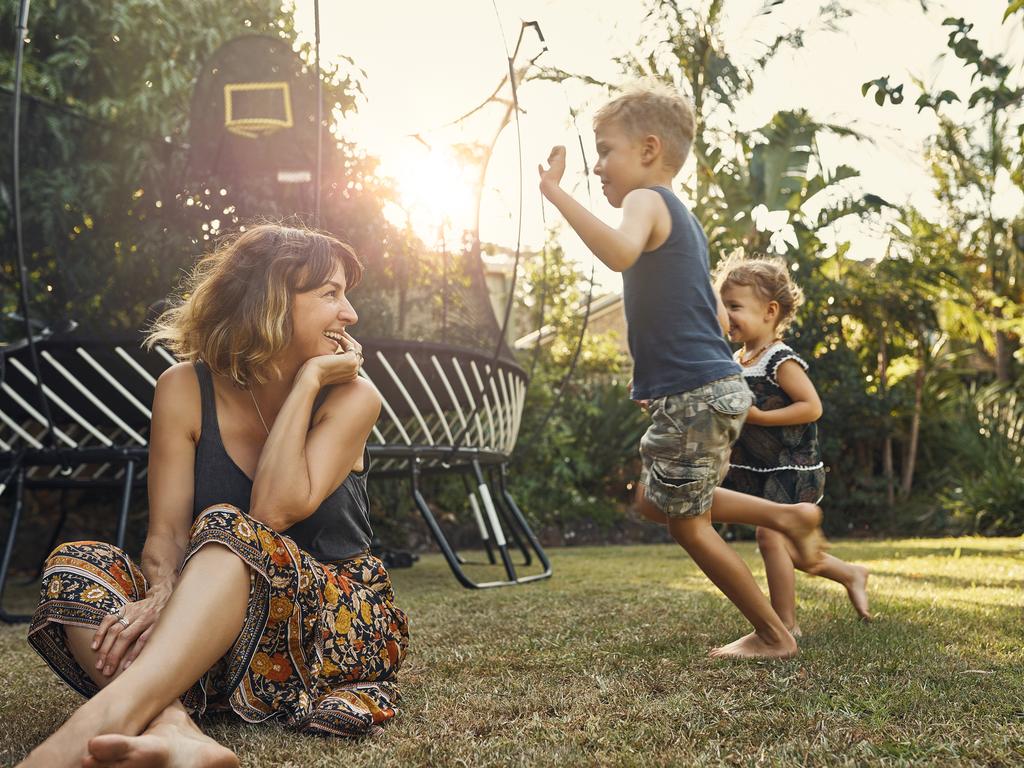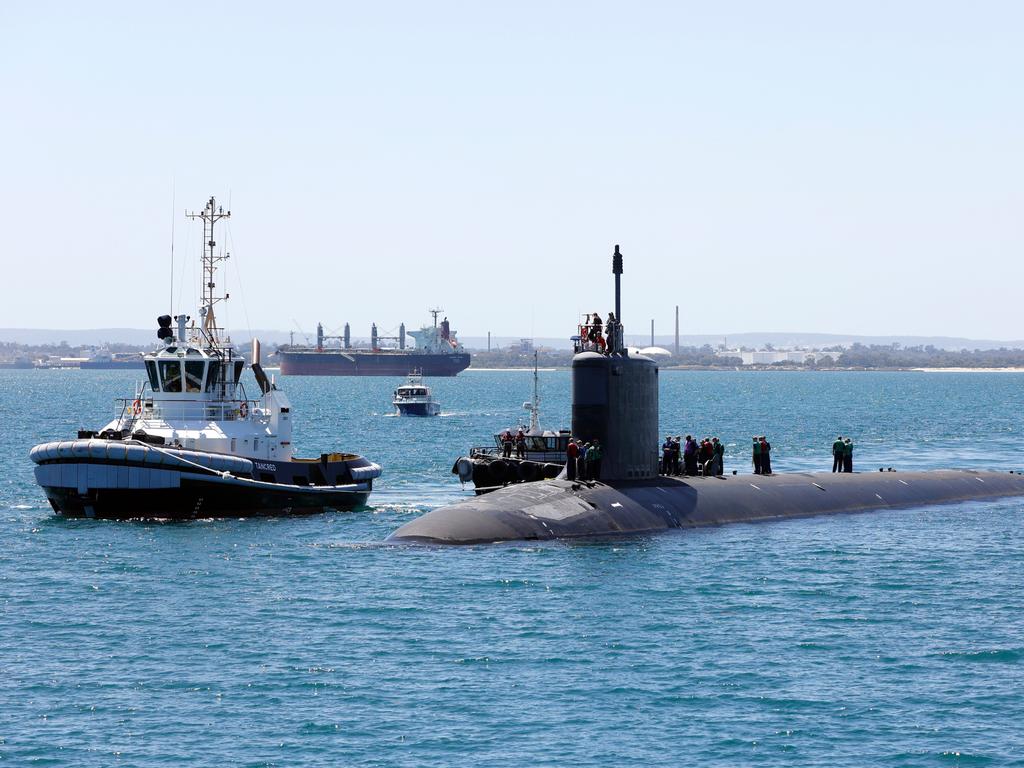How we think and talk about our country is evolving
Will the Australians of the 22nd century, like us and like the Australians of 1939, happily believe that their land, their continent, is the place to be – and that their way of life is worth defending?

Where is the Great Australian Heartland? If it’s defined as the place where most of us grew up and engaged with a local community, and which still commands an affinity of sorts, then it must be suburbia.
The three-bedroom brick veneer, the nature strip, the nuclear family, the car: they’re all essential parts of a Great Australian Heartland that has evolved from the late 20th century.
Sure, the model has changed, diversified, and leaned towards greater sustainability. But at scale, suburbia offers a way of life that is quintessentially Australian. Over time this idea of our suburban heartland has morphed to become more intensive – blocks have contracted, and living arrangements have changed. High-rise living has emerged and won admirers, predominantly among young singles and couples. And yet despite all these pressures suburbia lives on, powering forth, offering the masses access to relatively affordable family-raising space.
To my way of thinking the Australian homeland is a more strategic concept; it relates to the Australian continent, excluding offshore territories. But even within the Australian mainland (including Tassie) there are sensitivities around such concepts.
With Japanese advances during the Second World War, a rumour surfaced that our forces were planning to pull back behind a so-called Brisbane Line in order to defend the south-east corner of the Australian homeland. The rumour was unfounded, of course, but the idea gained popular traction.
Australians tend not to use terms like “motherland” and “fatherland” when referring to the Australian nation. And yet there was a time when similar familial-based terms were used to describe Australia’s place in and relationship to power within the world. In his declaration of war radio address in September 1939, Australia’s then prime minister Robert Menzies spoke in the language of the time, of a family of nations. He also spoke of God in his mercy, of the unconquerable spirit of Man. All concepts that are unlikely to find usage in a political speech today.
Menzies also referred to Germany by the pronoun “her”. We no longer personify nations, and neither do politicians popularly reference God or a single gender when speaking of humanity. The idea of a family of nations being drawn into conflict out of (familial) duty to the motherland has given way to calculated strategic alliances with nations that “share our values”.
There are, of course, other lands that comprise modern-day Australia, or at least lands that deserve greater recognition. Places like the FIFO zones of the interior, and our gas and coal basins perhaps. And then there’s an emerging lifestyle zone radiating from the edges of all capital cities.
I wonder what language we use today to describe what’s important to us will jar eight decades hence? It may not be concepts like God, Man or a nation’s familial duty as it was in the past, but I’m sure that Australians of the 22nd century will, like us and like the Australians of 1939, happily believe that their land, their continent, is the place to be – and, hopefully, that their way of life is worth defending.








To join the conversation, please log in. Don't have an account? Register
Join the conversation, you are commenting as Logout